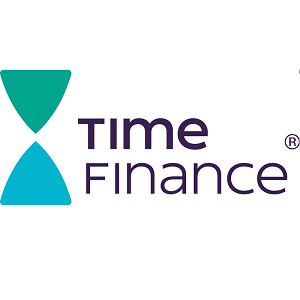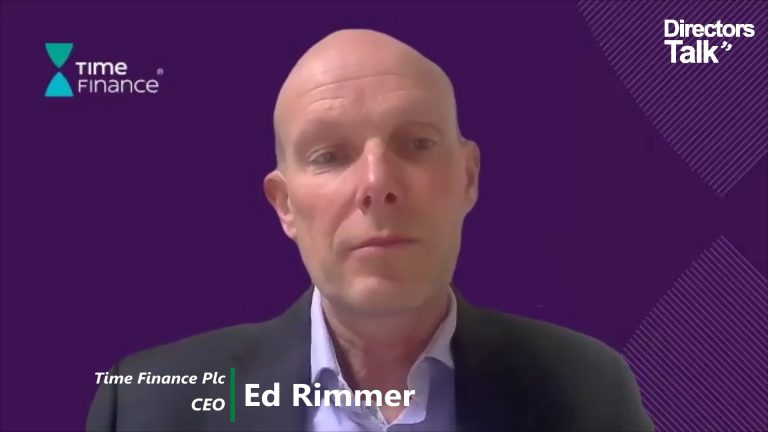Choosing how to equip your business isn’t just about practicality, it’s a strategic decision that can influence cash flow, scalability, and long-term profitability. For investors, understanding the financial mechanics behind leasing versus buying equipment can unlock a clear view into a company’s fiscal health and operational strategy. This insight is particularly valuable in a market where flexibility and efficiency are critical for sustainable growth.
Leasing equipment is gaining ground as a strategic financial tool for businesses prioritising liquidity and adaptability. By leasing, companies sidestep the heavy capital expenditure of outright purchases, instead benefiting from manageable, scheduled payments. This spreads the cost across the asset’s useful life, preserving working capital and easing pressure on budgets. Leasing is especially advantageous in sectors where rapid innovation renders technology obsolete quickly. Businesses can keep pace with advancements without being tied to depreciating assets, maintaining competitive relevance without sacrificing agility.
Beyond capital preservation, leasing can offer measurable tax efficiencies. For VAT-registered businesses, VAT on leased equipment is typically paid in instalments alongside monthly payments, improving cash management and potentially enhancing VAT recovery. Moreover, many lease agreements wrap in service and maintenance, further reducing the risk of downtime and unplanned repair costs. These provisions provide cost certainty and operational continuity, appealing to both finance directors and operations managers alike.
In contrast, buying equipment outright delivers the benefit of full ownership, granting businesses long-term use of the asset and full control over its management and disposal. It’s a sensible move when the equipment has a lengthy operational lifespan and holds its value well. Depreciation can also be claimed as a tax-deductible expense, offering potential savings over time. Additionally, the ability to resell the equipment adds another dimension of return on investment. However, the upfront expenditure can put a strain on cash flow, potentially restricting investment in other key areas such as staffing, innovation, or marketing.
This trade-off between ownership and flexibility is where tailored asset finance solutions come into play. Time Finance provides businesses with options that reflect their growth ambitions and operational needs. Whether it’s leasing for enhanced flexibility or hire purchase for long-term asset control, they equip businesses with the financial leverage to make optimal decisions. Their solutions are structured to suit a variety of sectors, delivering capital access without compromising financial agility.
Time Finance plc (LON:TIME) is an AIM-listed business specialising in the provision or arrangement of funding solutions to UK businesses seeking to access the finance they need to realise their growth plans. Time Finance can fund businesses or arrange funding with their trusted partners through Asset Finance, Invoice Finance, Business Loans, Vehicle Finance or Asset Based Lending.








































